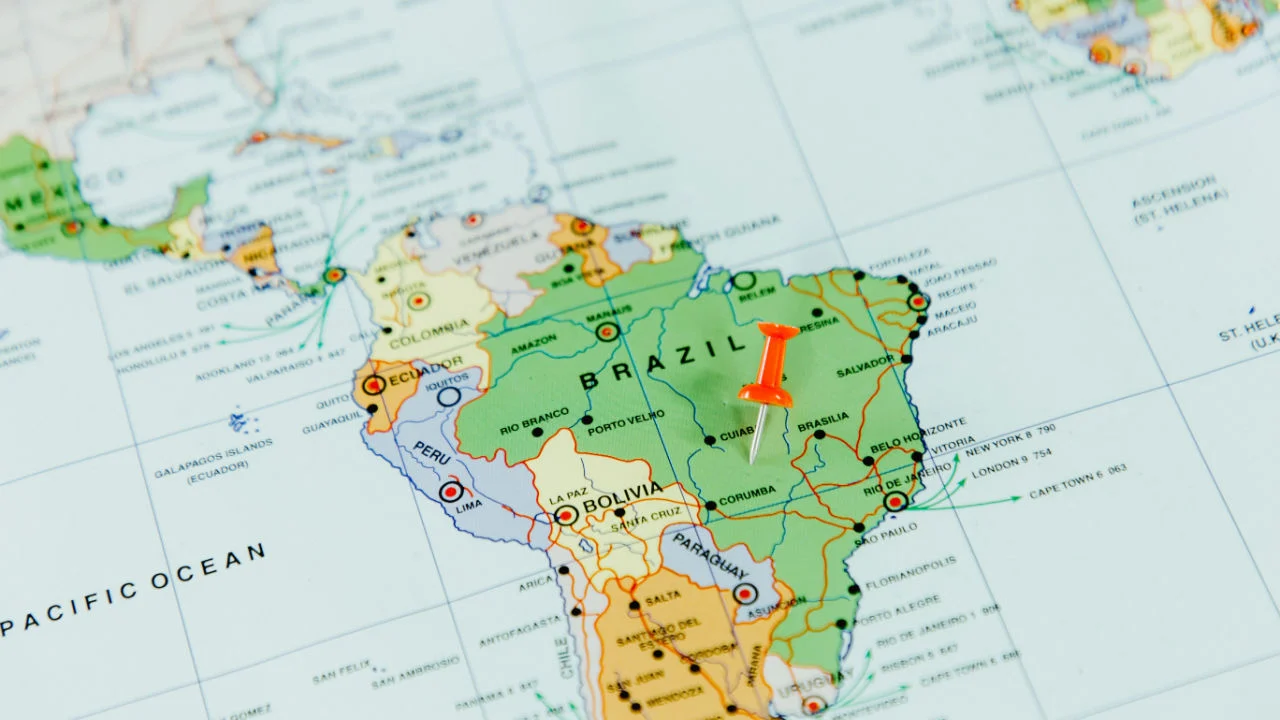Bolivia has passed a new law allowing the government to sell up to 50% of its gold reserves in dollars. This move is aimed at easing the internal scarcity of dollars in the country. The law gives faculties to the government to negotiate the sale of 22 tons of gold out of the almost 44 available in the local reserves.
The initiative was first introduced in 2021 but was recently passed by the Congress, which is dominated by the party of Bolivian president Luis Arce. According to Jorge Richter, a presidential spokesperson, the objective of the swift approval of the law is to ensure that the country has a tool to prevent difficulties in the production of North American currency.
Previously, almost all Bolivian banks had established a $300 daily withdrawal limit for their users. The Central Bank of Bolivia had to organize direct sales to satisfy local demand for foreign currency. The new law is expected to help combat this issue.
In a separate development, on May 4, the Central Bank of Argentina issued a communication banning certain fintech providers from using cryptocurrency assets or offering services linked to digital assets or other assets “not regulated by the competent national authority and authorized by the Central Bank of the Argentine Republic” to their customers. The measure would only affect fintech companies that provide direct payments accounts, including Ualá, MercadoPago, Personal Pay, DolarApp, Nubi, and MODO, among others.
Bitcoin Argentina, a national NGO, rejected this measure, stating that it “is surprising and unconsulted. It is not understood what objective the central bank is seeking by prohibiting an activity that today is entirely satisfactory and useful for the clients of the local exchanges.”
Despite these developments, Fitch Ratings, one of the big three credit rating agencies, upgraded the credit rating of El Salvador, even with the adoption of bitcoin as a legal tender. Fitch upgraded El Salvador’s rating from CC to CCC+, stating that this was the consequence of “successful completion of the exchange and payment of significant global bond write-downs early in the year, and reflects Fitch’s view that another event of default no longer appears likely.”
Salvadoran president Nayib Bukele celebrated the change, explaining that he could not wait for Fitch to “upgrade it even more, once we announce our budget surplus for 2024.”

